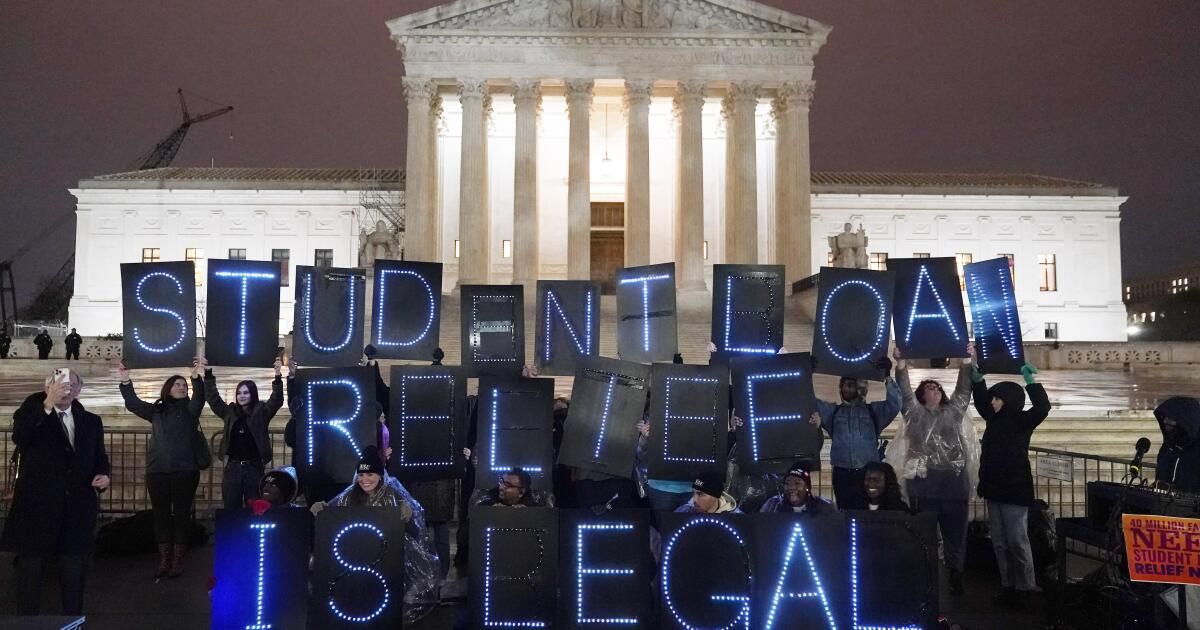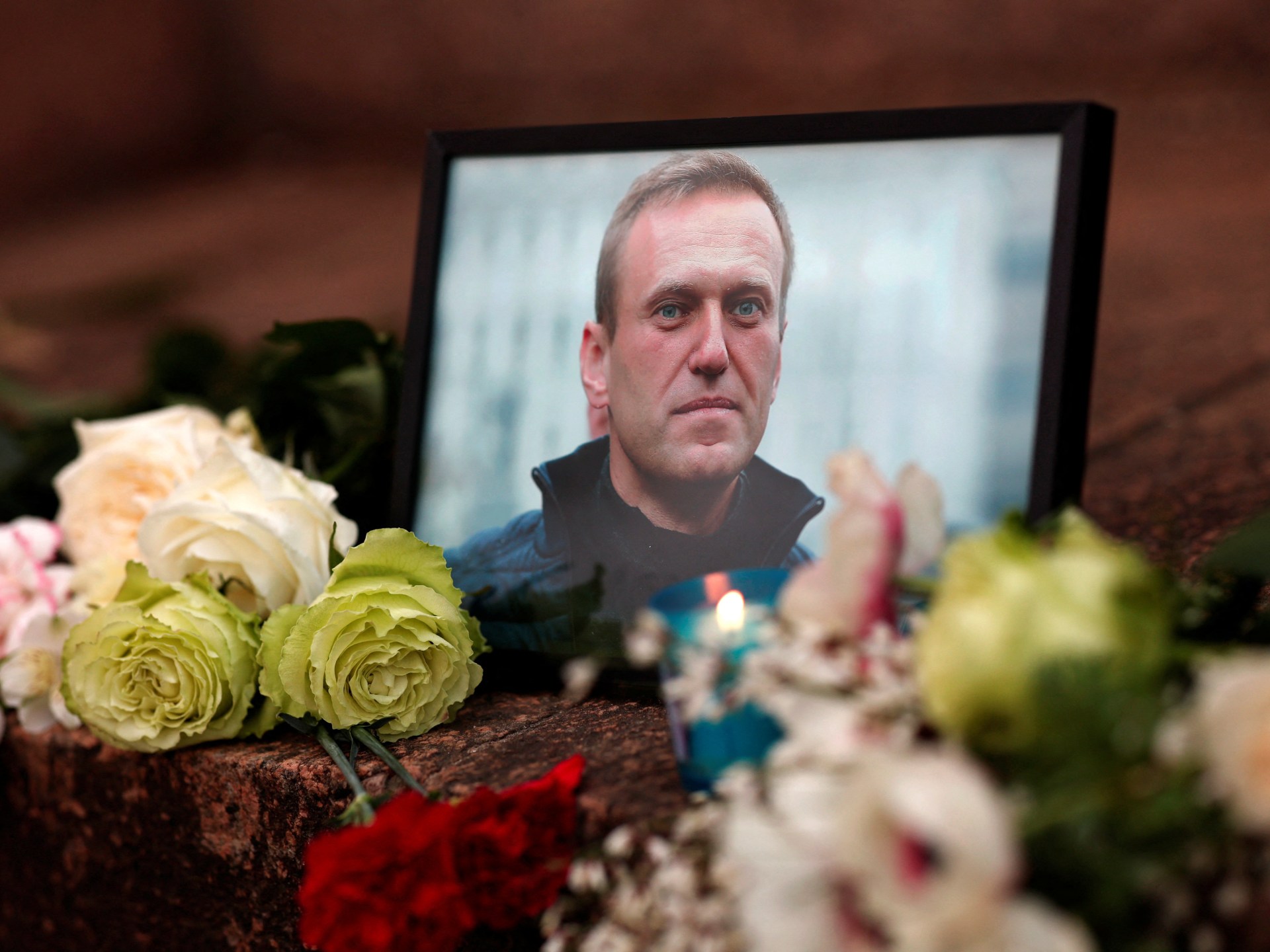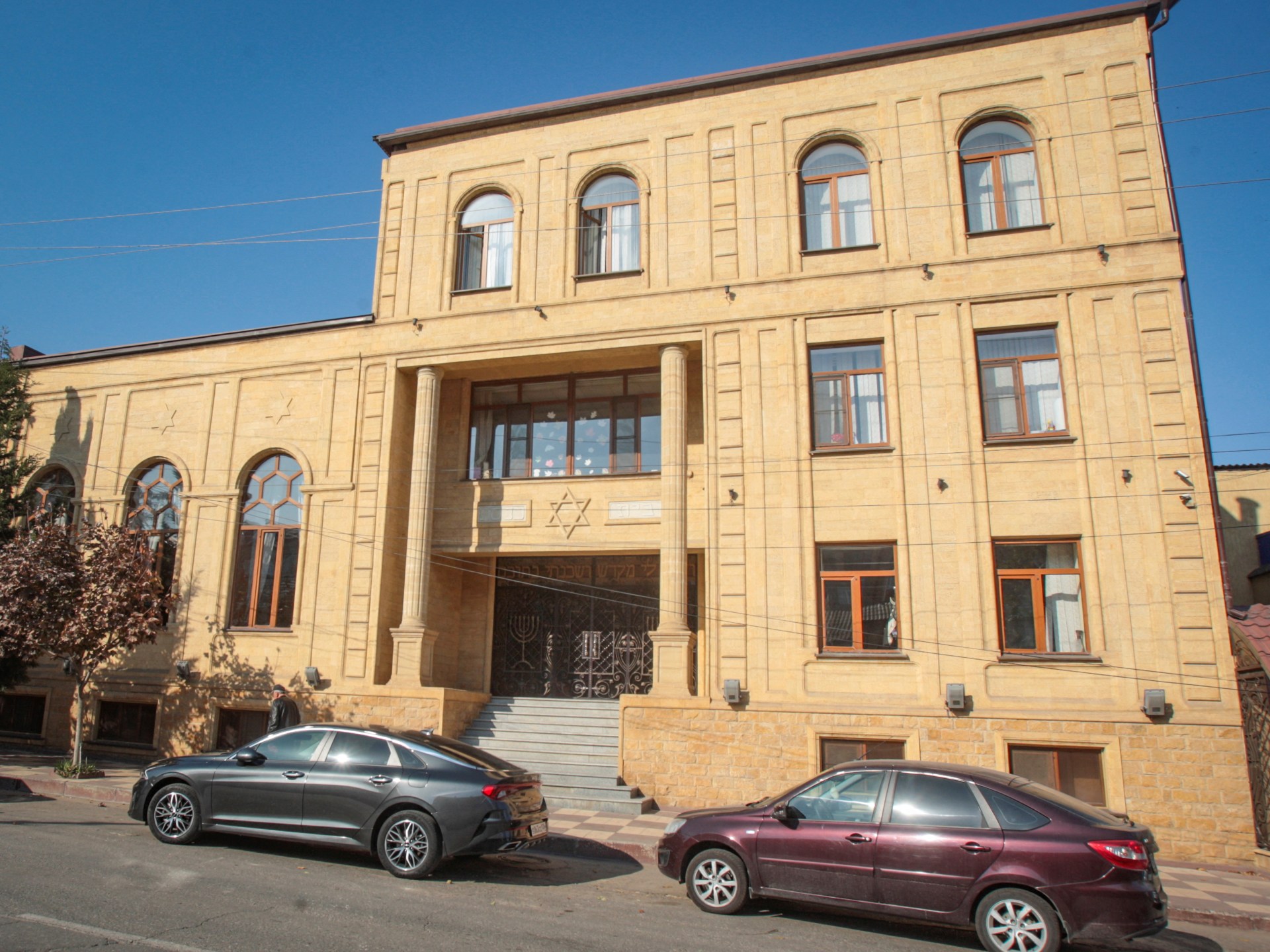A federal court has temporarily halted the Biden administration's latest student loan repayment plan, leaving millions of borrowers in the dark about how to resolve their debts.
A one-sentence order issued Thursday by the 8th Circuit Court of Appeals in St. Louis bars the U.S. Department of Education from implementing or acting on the new SAVE plan before the court rules on a request by seven Republican state attorneys general for a more permanent injunction.
The order appears to block not only the plan updates that went into effect July 1, but also provisions that have been in place for borrowers since SAVE was introduced in mid-2023.
The Department of Education has not offered any immediate guidance for borrowers enrolled in the SAVE plan.
“We are assessing the impacts of this decision and will communicate directly with borrowers to inform them of any impacts to them,” a department spokesperson wrote in a statement, adding that the Biden administration “will continue to aggressively defend the SAVE Plan, which has been helping more than 8 million borrowers access lower monthly payments, including 4.5 million borrowers who have had a zero-dollar payment each month.”
SAVE, launched shortly after the Supreme Court rejected President Biden’s proposal for blanket student debt forgiveness in June 2023, allows borrowers to make monthly payments based on their discretionary income rather than the amount they owe, and forgives any remaining student loan balance after 20 years.
This is nothing new; what makes the plan unique is that it offers much lower monthly payments, forgives unpaid interest for borrowers who make good on payments, and eliminates debts more quickly for borrowers who took out relatively small loans.
Two groups of Republican-led states challenged the plan, arguing that the Education Department did not have the legal authority to force taxpayers to shoulder such a large share of the cost of borrowing. In a series of conflicting rulings, federal judges have put parts of the plan on hold, lifted some of those stays, and now have blocked (at least temporarily) the entire plan.
One immediate effect of Thursday's order could be to increase monthly payments for many SAVE enrollees, reversing changes the plan made to its predecessor, the REPAYE plan.
Starting last year, SAVE allowed borrowers to increase the amount of their income considered nondiscretionary by 50%, with their monthly payments set at 10% of the remainder. The order temporarily prohibits the increase in nondiscretionary allowances.
On July 1, SAVE program participants will see their monthly payments reduced again, to 5% of their discretionary income. The order also suspends that reduction.
Another question is when borrowers will feel the effects. After two consecutive rulings blocked and then reinstated the 5% reduction, the department told borrowers that monthly payments would be temporarily suspended.
Student borrower advocates criticized Thursday's ruling and called for the payment pause to be extended.
“The extreme, unsigned, one-sentence order issued today by a judge on Missouri’s Eighth Circuit Court of Appeals just sent the student loan system into chaos, and borrowers will be forced to pay the price,” Mike Pierce, president of the Student Borrower Protection Center, said in a statement. “It is clear that the Biden Administration can and should protect borrowers from this partisan legal war.” [by] “shut down the student loan system until borrowers have access to the rights they were promised by law.”
Natalia Abrams, president and founder of the Student Debt Crisis Center, said the cross-rulings were causing enormous frustration.
“It's hard for any student loan applicant to trust what's going on,” he said, adding: “What a mess.”
The case in the 8th Circuit pits Missouri, Arkansas, Florida, Georgia, North Dakota, Ohio and Oklahoma against the Biden administration. Kansas, Alabama, Alaska, Idaho, Iowa, Louisiana, Montana, Nebraska, South Carolina, Texas and Utah have a separate lawsuit challenging the SAVE plan.












